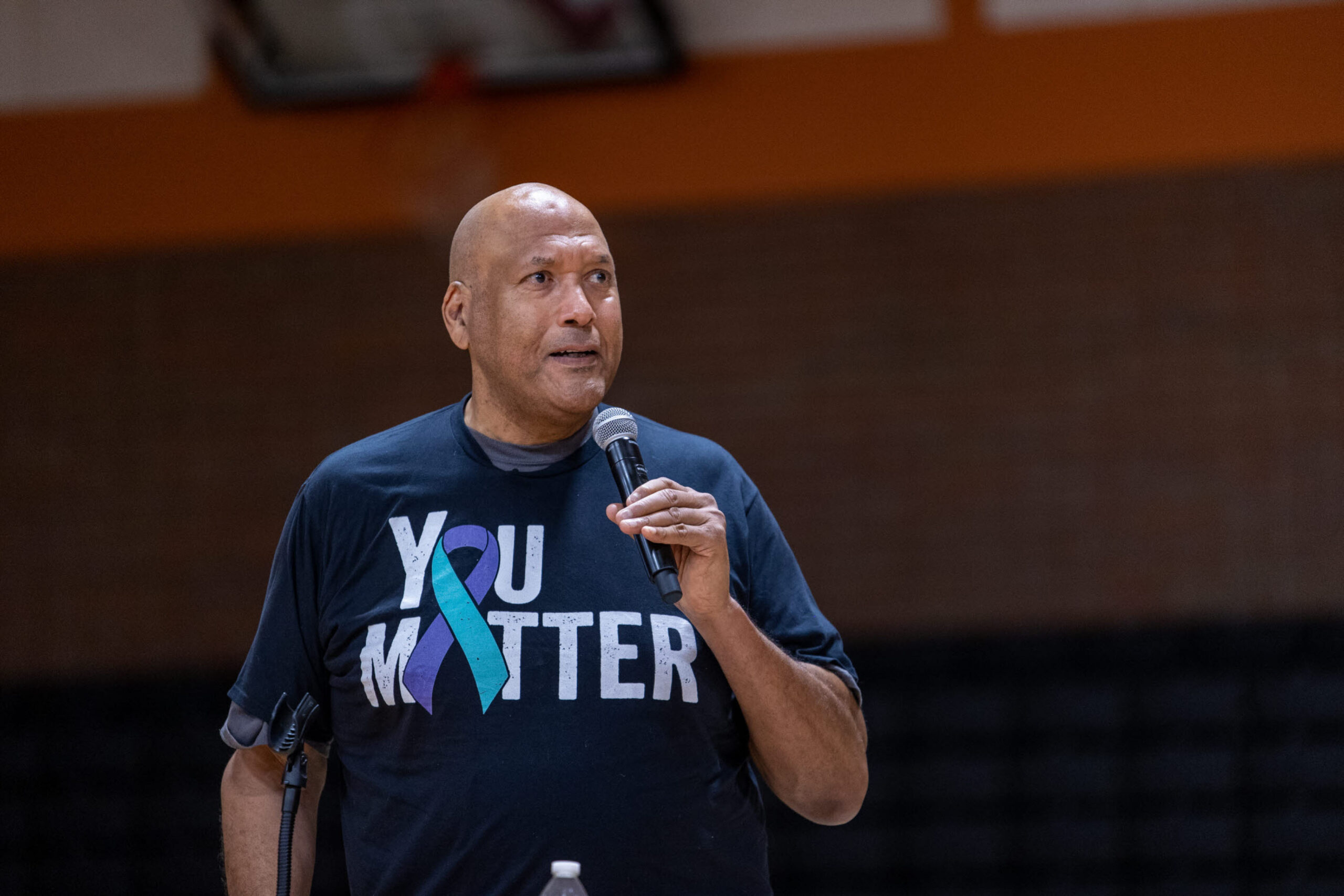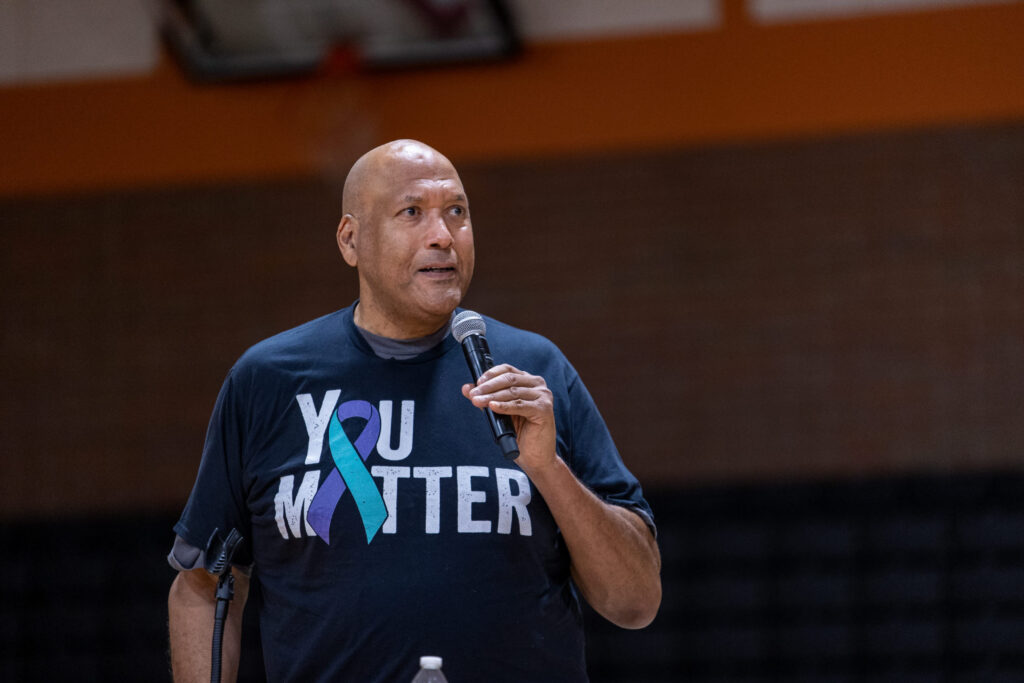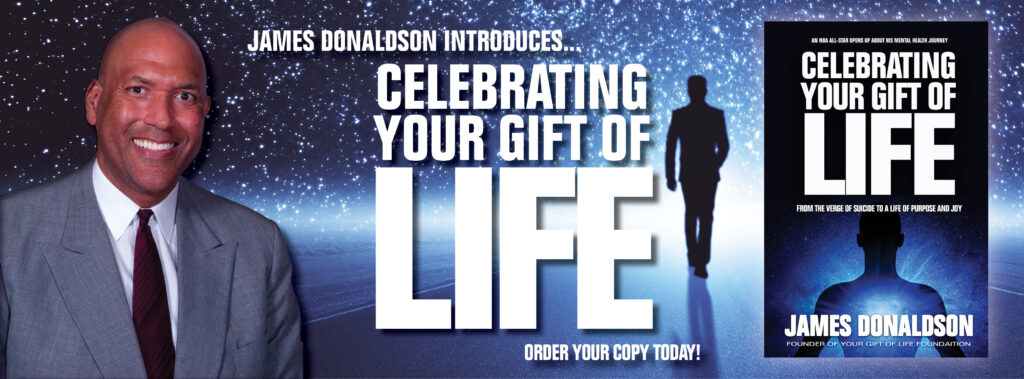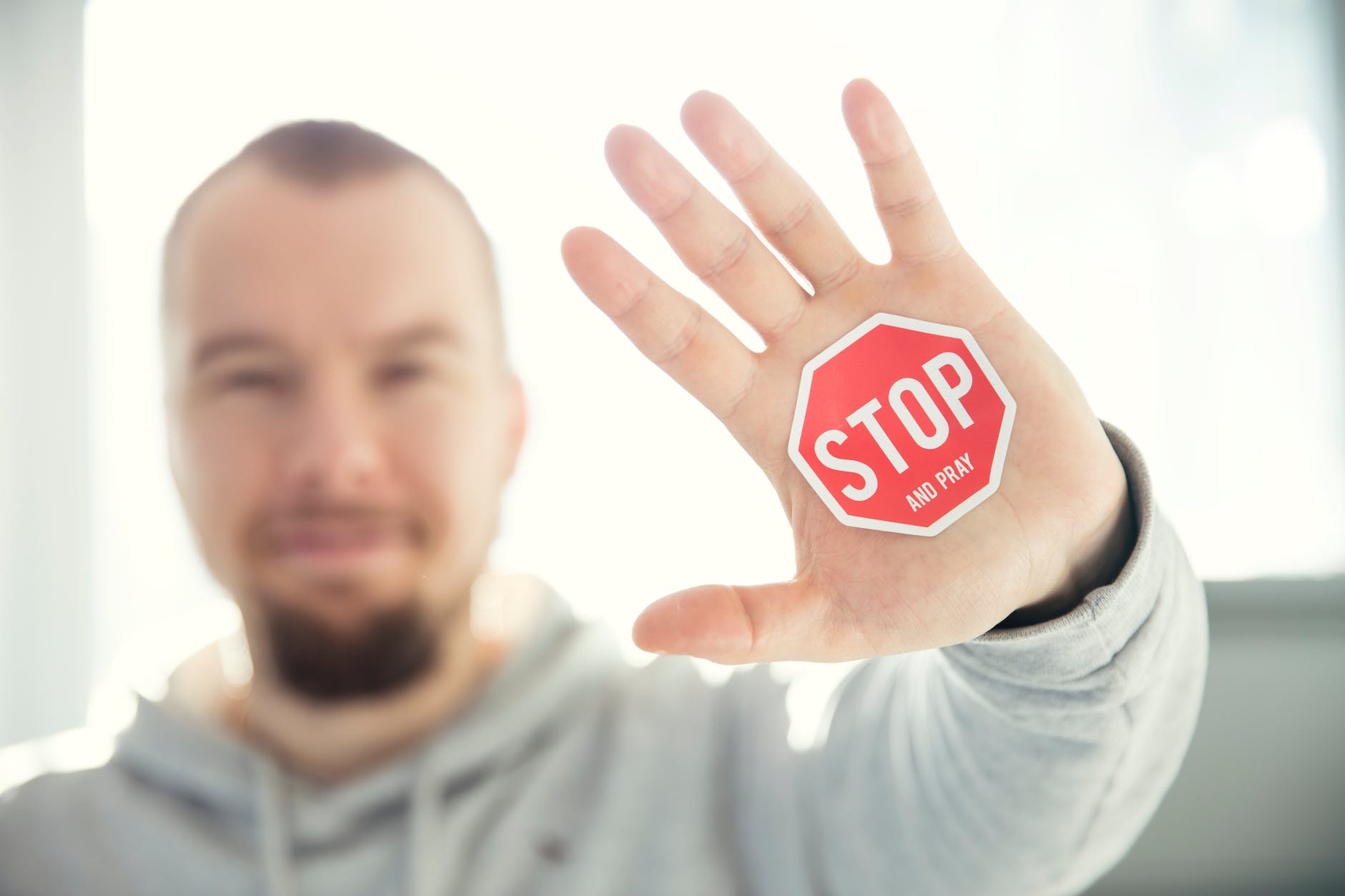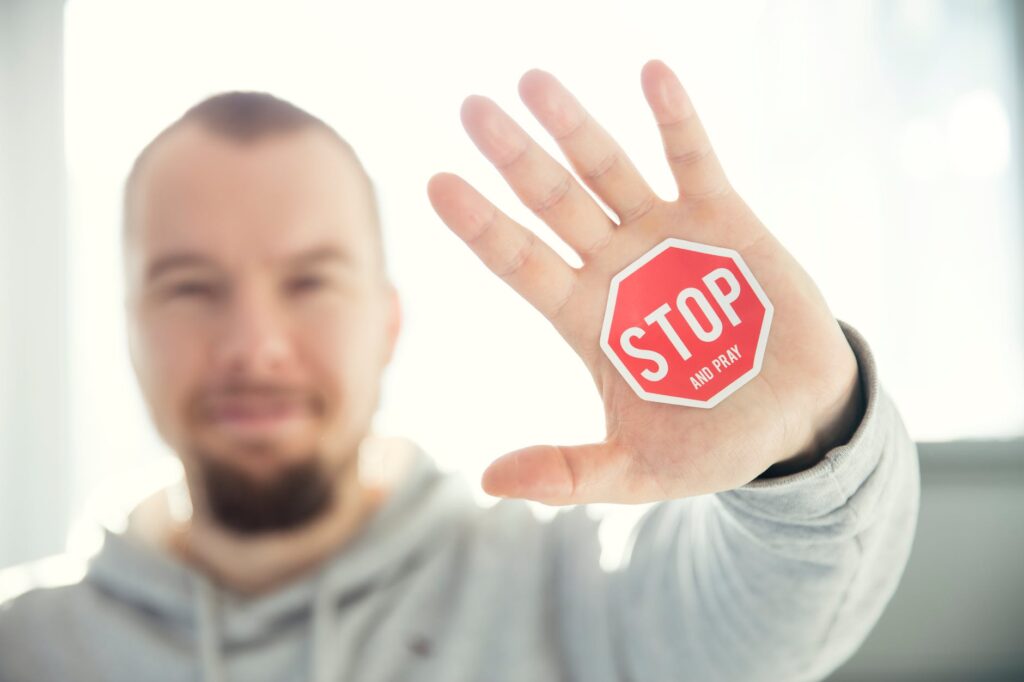
Adrianna Rodriguez
America has a new epidemic. It can’t be treated using traditional therapies even though it has debilitating and even deadly consequences.
The problem seeping in at the corners of our communities is loneliness and U.S. Surgeon General Dr. Vivek Murthy is hoping to generate awareness and offer remedies before it claims more lives.
“Most of us probably think of loneliness as just a bad feeling,” he told USA TODAY. “It turns out that loneliness has far greater implications for our health when we struggle with a sense of social disconnection, being lonely or isolated.”
Loneliness is detrimental to mental and physical health, experts say, leading to an increased risk of heart disease, dementia, stroke and premature death. As researchers track record levels of self-reported loneliness, public health leaders are banding together to develop a public health framework to address the epidemic.
“The world is becoming lonelier and there’s some very, very worrisome consequences,” said Dr. Jeremy Nobel, founder of The Foundation for Art and Healing, a nonprofit that addresses public health concerns through creative expression, which launched an initiative called Project Unlonely.
“It won’t just make you miserable, but loneliness will kill you," he said. "And that’s why it’s a crisis."
What is loneliness?
Loneliness occurs when the connections a person needs in life are greater than the connections they have, Murthy said.
Because it’s so subjective, not everyone feels loneliness the same way or for the same reason.
Nobel argues in his book, “Project Unlonely: Healing our Crisis of Disconnection,” there are three types of loneliness: psychological, social and existential.
Some may experience psychological loneliness when they don’t feel like they have anyone to confide in or trust. Societal loneliness is feeling systemically excluded because of a characteristic, including gender, race, or disability. Existential, or spiritual, loneliness comes from feeling disconnected from oneself.
“People can have all of these loneliness types at the same time,” said Nobel, who is on the faculty at Harvard Medical School and Harvard T.H. Chan School of Public Health.
Loneliness is experienced throughout a person's lifespan, he said, and it can spiral as a result of trauma, illness and the effects of aging. It can also be exacerbated by technology taking the place of human interaction, which helps explain why young people report the highest rates of loneliness.
A Harvard survey conducted in 2020 found that 61% of adults from 18 to 25 reported feeling serious loneliness, compared to 39% across the general population.
Other populations that report a high prevalence of loneliness and isolation include people with poor physical and mental health, disabilities, financial insecurity, those who live alone, single parents and older populations.
“This is why it’s so complicated when you try to address loneliness as a population health topic because it’s so varied based on the circumstances individuals have to navigate,” Nobel said.
Americans are lonely
Loneliness is by no means new to the human experience. But experts say it has worsened in recent years.
As the American population becomes older and sicker with chronic diseases, the loneliness numbers have increased, Nobel said. Modern conveniences have also caused loneliness to expand dramatically across the population, especially since the COVID-19 pandemic.
Data from the University of Michigan's National Poll on Healthy Aging showed loneliness among 50- to 80-year-olds had increased from 27% in October 2018 to 56% in June 2020, at the height of pandemic-era restrictions.
Self-reported feelings of loneliness decreased to 34% in January 2023, and although the problem is not “as severe as it was during the pandemic, it remains elevated compared to before the pandemic,” said Lindsay Kobayashi, John G. Searle assistant professor of epidemiology and global public health at the University of Michigan School of Public Health.
COVID-19 prompted a boom in delivery services and Zoom meetings, Murthy said which sustained society, schools and workplaces after restrictions on social distancing lifted. As a result, there are fewer opportunities for Americans to interact in person and build social connections.
“We have to be intentional about building social connections in our life,” he said. People are also more likely to change jobs or move around the country due to the rise in remote work, which can disrupt meaningful connections.
Social media has accelerated loneliness as research shows feeling lonely is more common among heavy users of these sites. Although "likes" and "followers" may make a person feel good at the moment, they don't foster genuine connectedness with other people, Murthy said.
The Harvard study found that 43% of young adults reported increases in loneliness since the outbreak of the pandemic. About half reported that no one in the past few weeks had “taken more than just a few minutes” to ask how they were doing in a way that made them feel like the person “genuinely cared.”
“You can be surrounded by lots of people and you can have lots of followers or connections on social media, but not necessarily feel like you’ve got somebody who knows you or shows up for you in a crisis,” he said.
If you'd like to follow and receive my daily blog in to your inbox, just click on it with Follow It. Here's the link https://follow.it/james-donaldson-s-standing-above-the-crowd-s-blog-a-view-from-above-on-things-that-make-the-world-go-round?action=followPub
How loneliness can impact health
There's another reason experts are honing in on loneliness as a growing problem: it can harm a person's mental and physical health, making it a lethal combination.
Tackling this massive problem would mean addressing the greatest preventable risk factor for mental health challenges like depression, anxiety, addiction, suicidality and self-harm, Nobel said. He noted that all of these mental health conditions can be triggered by and also exacerbate feelings of loneliness.
“There’s a bidirectional relationship and that’s what causes spiraling,” he said. Spiraling is a downward cascade of negative thoughts that feed into loneliness, making the condition worse and eroding a person's self-esteem.
The U.S. Surgeon General's advisory report found that loneliness increases the risk of premature death by 26% and isolation by 29%. Murthy said in terms of your lifespan, continuing to live in loneliness is equivalent to smoking up to 15 cigarettes a day.
Feeling lonely also increases a person’s risk of heart disease by 29% and the risk of stroke by 32%, according to the American Heart Association.
What's remarkable, the surgeon general said, is how pervasive loneliness is.
One in 2 adults in the U.S. are living with measurable levels of loneliness – it's a broader swath of the population than the number of people with diabetes, Murthy said. “Building social connections in our life has to be a vital priority.”
Researchers are still learning why loneliness causes negative health outcomes, but they have a few working hypotheses.
Loneliness could trigger stress hormones, Kobayashi said, which causes inflammation and dysregulates bodily functions. Feeling lonely could also cause people to adopt unhealthy lifestyle behaviors like poor diet, smoking and substance use.
Lonely people may also be less motivated to seek preventive care, adhere to medication and practice self-care, Nobel said.
#James Donaldson notes:Welcome to the “next chapter” of my life… being a voice and an advocate for #mentalhealthawarenessandsuicideprevention, especially pertaining to our younger generation of students and student-athletes.Getting men to speak up and reach out for help and assistance is one of my passions. Us men need to not suffer in silence or drown our sorrows in alcohol, hang out at bars and strip joints, or get involved with drug use.Having gone through a recent bout of #depression and #suicidalthoughts myself, I realize now, that I can make a huge difference in the lives of so many by sharing my story, and by sharing various resources I come across as I work in this space. #http://bit.ly/JamesMentalHealthArticleFind out more about the work I do on my 501c3 non-profit foundationwebsite www.yourgiftoflife.org Order your copy of James Donaldson's latest book,#CelebratingYourGiftofLife: From The Verge of Suicide to a Life of Purpose and Joy
Link for 40 Habits Signupbit.ly/40HabitsofMentalHealth
www.celebratingyourgiftoflife.com
The solution: Social connectedness
If you’re feeling lonely, you’re not alone. Experts say recognition and awareness are important first steps to escaping loneliness.
“There are a lot of people struggling with loneliness and it doesn’t mean that you’re broken or something is fundamentally wrong with you,” Murthy said.
On an individual level, there are things that people can practice that could prevent them from feeling lonely. He suggests taking 15 minutes a day to reach out to someone you care about, look for ways to serve others and make the time count by giving other people your full attention and putting devices away.
Institutions, including schools, employers and health care systems, should also proactively adopt public health strategies to head off loneliness at the pass.
Providers can practice “social prescribing,” Nobel said, a concept that’s already embraced by the U.K. Doctors screen for loneliness, as they would for depression and anxiety, and guide patients to community-based organizations that have partnered with health care facilities to address it.
Beyond the health sector, the U.S. Surgeon General said public health leaders can also take a critical look at the infrastructure in local communities and digital environments to spread awareness and help build cultures of connection.
Tackling the nation's loneliness epidemic will require that all sectors of society work together with a common goal, Murthy said.
“We can’t take on a lot of these challenges alone. We need to be together. We need to be connected," he said. "That’s what strengthening the social fabric in our lives and communities is all about."
Send tips to Adrianna Rodriguez: adrodriguez@usatoday.com
https://standingabovethecrowd.com/james-donaldson-on-mental-health-americans-are-lonely-and-its-killing-them-how-the-us-can-combat-this-new-epidemic/
